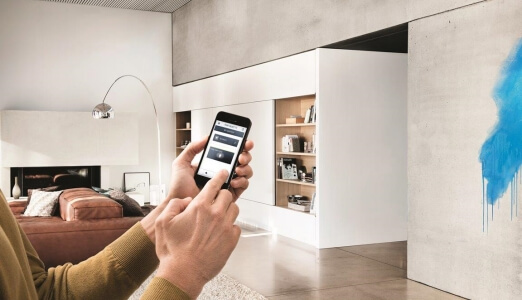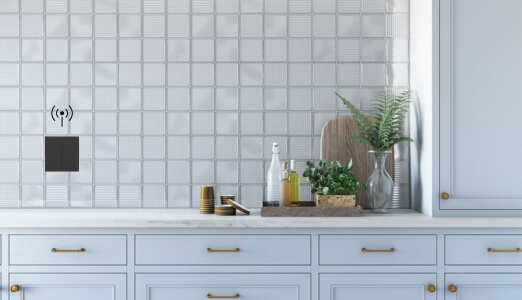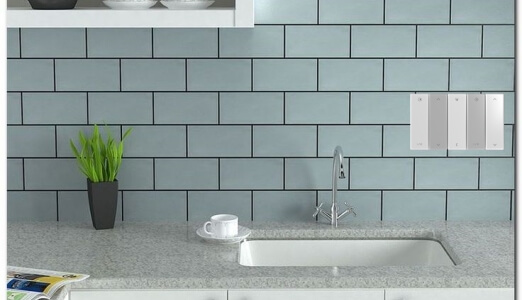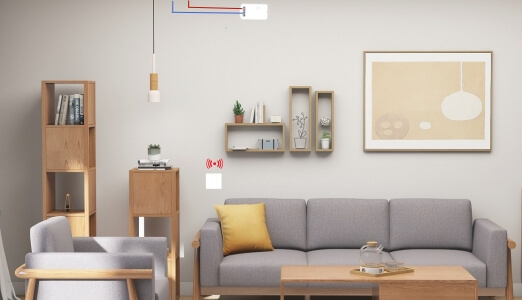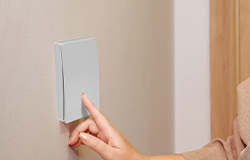The smart home system is an innovative technology that has come to the forefront with the development of technology, which combines the traditional home environment with advanced smart technology to bring convenience, safety, and comfort to people's lives. In smart life, a smart home system has many practical functions, which not only improve the quality of life of residents but also create a more intelligent and convenient home experience for them.
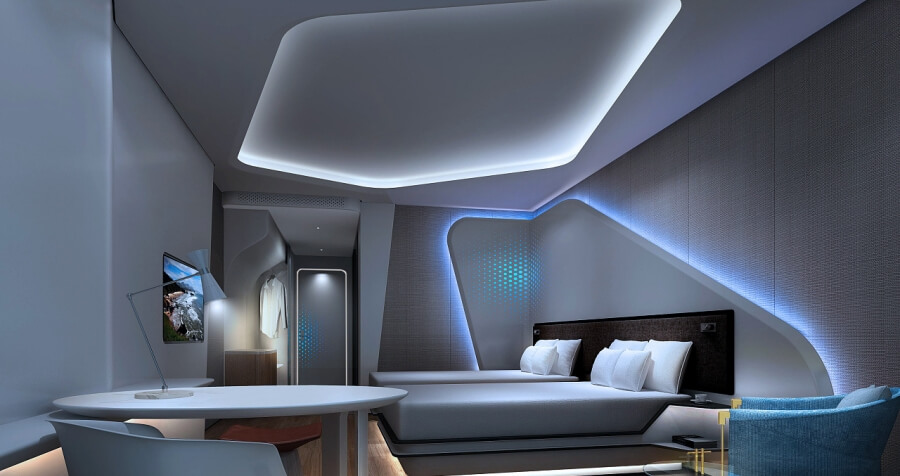
First of all, one of the most basic functions of a smart home system is smart home control. Through smartphones, tablets, or voice assistants, residents can remotely control home devices, such as lights, air conditioners, curtains, cameras, and more, anytime, anywhere. This allows residents to easily monitor and manage home devices while away from home, enabling efficient use of energy while also improving home security.
Secondly, the security monitoring function of smart home systems provides residents with more comprehensive security. The surveillance cameras and sensors in the smart home system can monitor the security of the home in real time, and once abnormalities are detected, the system will immediately issue an alarm and notify residents. This effectively prevents intrusions, fires, and other emergencies and safeguards family members.
In addition to security monitoring, the smart home system also provides residents with a more comfortable living environment through intelligent environmental control functions. The intelligent temperature control system can automatically adjust the indoor temperature according to the residents' living habits, realizing intelligent energy management. In addition, the smart home system can also intelligently control curtains and lights according to weather and seasonal factors to improve indoor comfort and create a pleasant living space for residents.
The entertainment function of smart home systems is also a popular feature. With smart home systems, residents can easily create a personalized entertainment space at home. The linkage of audio systems, smart TVs, smart projectors, and other devices enables residents to enjoy high-quality music, movies, and gaming experiences at any time. Moreover, with the intelligent voice assistant, residents can also control the entertainment devices directly through voice commands, improving the ease of operation.
In addition, smart home systems also play an active role in family health management. Smart health monitoring devices can regularly monitor residents' physiological parameters, such as heart rate and blood pressure, and transmit the data to the cloud so that doctors or family members can keep abreast of residents' health conditions. This health management model helps to detect potential health problems at an early stage, improve health awareness, and achieve personalized and intelligent home healthcare.
Finally, the smart home system creates an energy-saving and environmentally friendly living environment for residents through intelligent energy management. The smart home system can automatically regulate the use of home equipment, optimize the power consumption plan, and reduce energy waste according to the residents' living patterns and power consumption needs. This not only helps to reduce the family's energy expenses but also has a positive impact on the environment.
Taken together, the practical functions of smart home systems cover all aspects of family life, including intelligent control, security monitoring, environmental comfort, entertainment experience, health management, and many other aspects. With the continuous development of science and technology, smart home systems will be further improved and innovated to provide residents with a more intelligent, convenient, safe, and comfortable home life experience. This also makes us look forward to the future of smart life, looking forward to the continuous progress of the smart home system, which will bring more convenience and surprise to our lives.

 CN
CN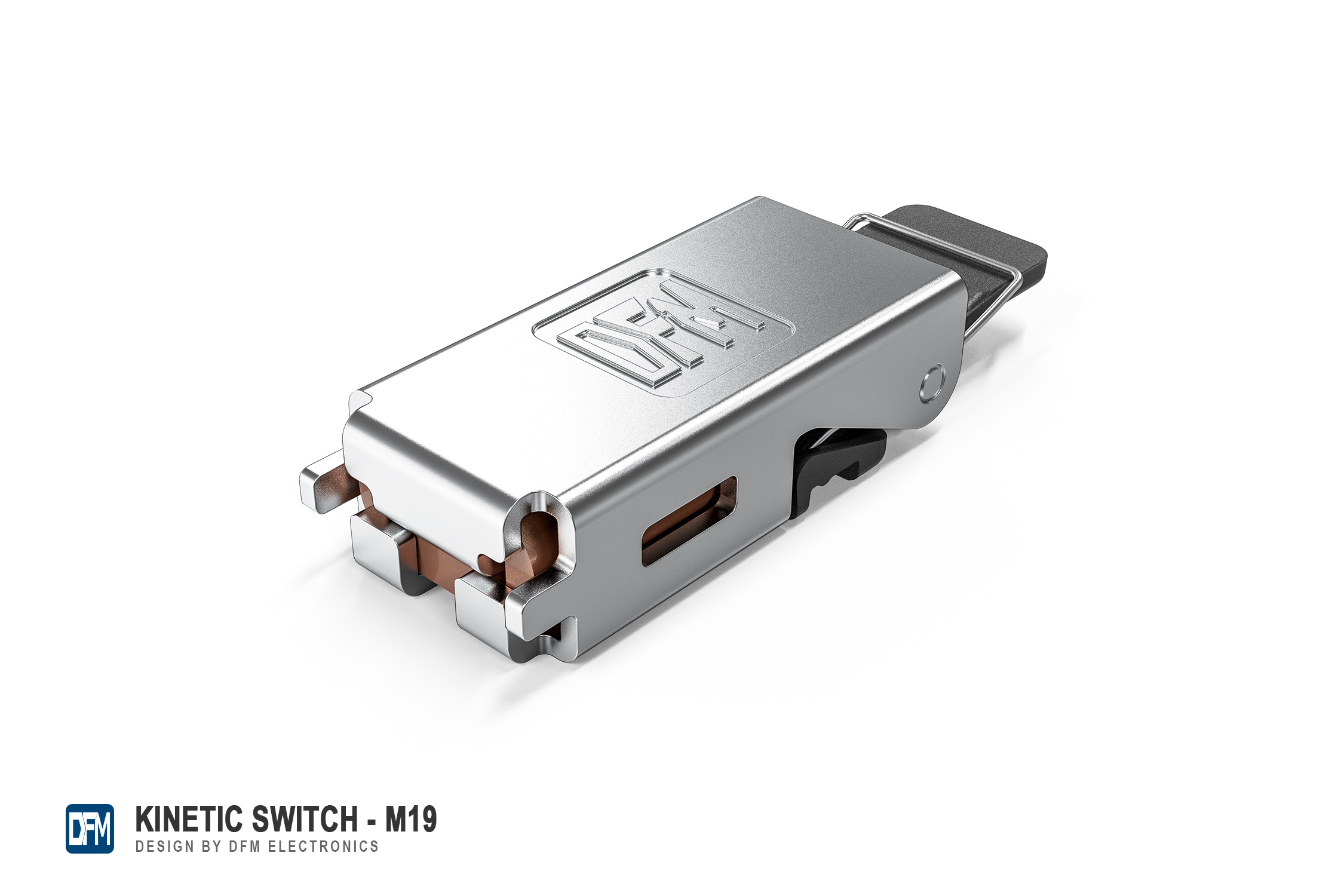
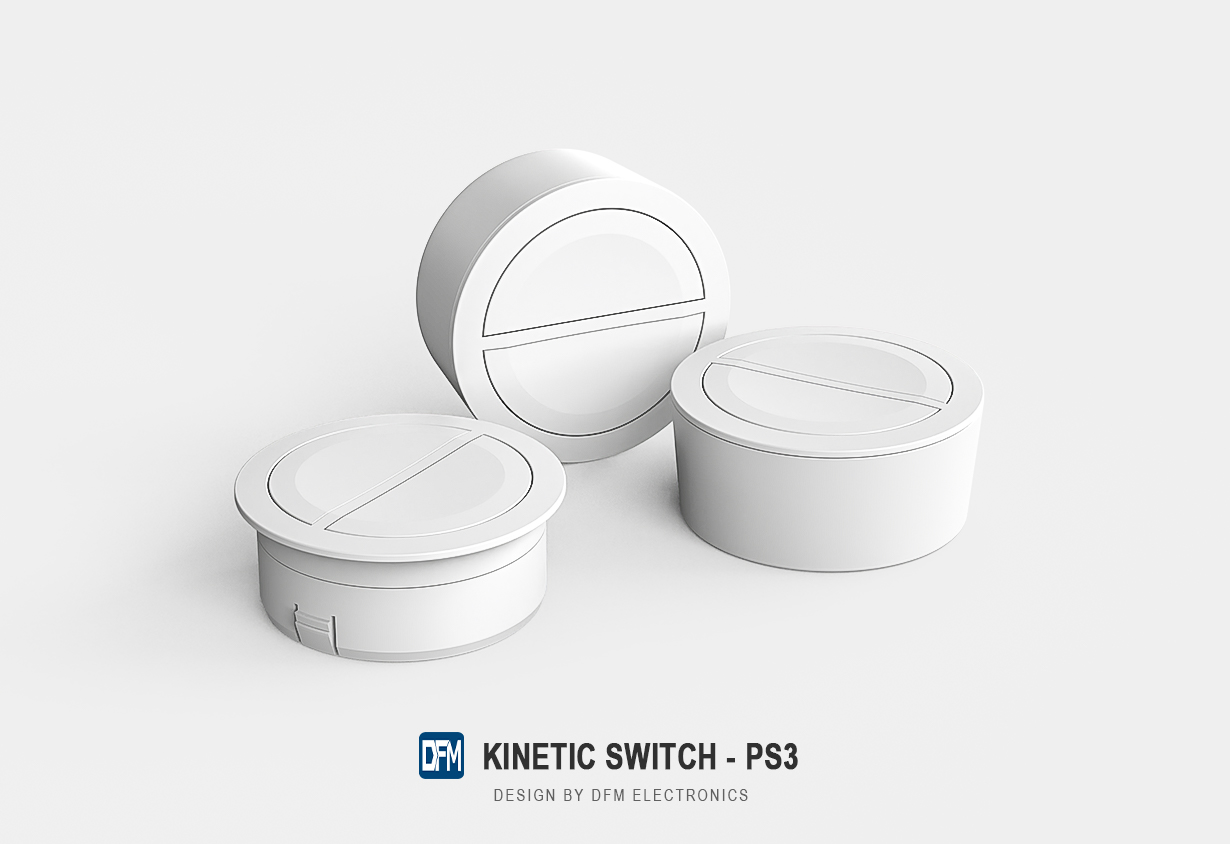
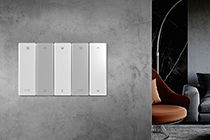
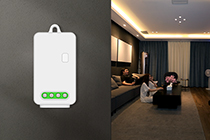

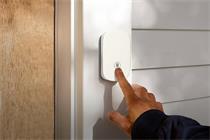







 Home
Home DFM
DFM  Jan 02,2024
Jan 02,2024 
 Unleashing the Energy of the Future: The Potential of Wireless Kinetic Switches
Unleashing the Energy of the Future: The Potential of Wireless Kinetic Switches 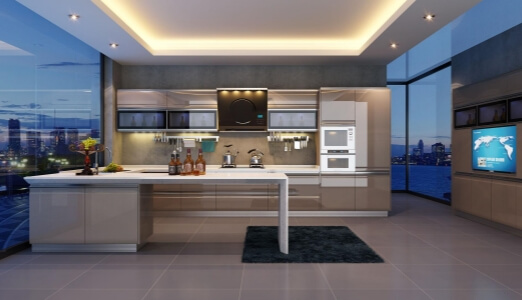
 Dec 28,2023
Dec 28,2023 
